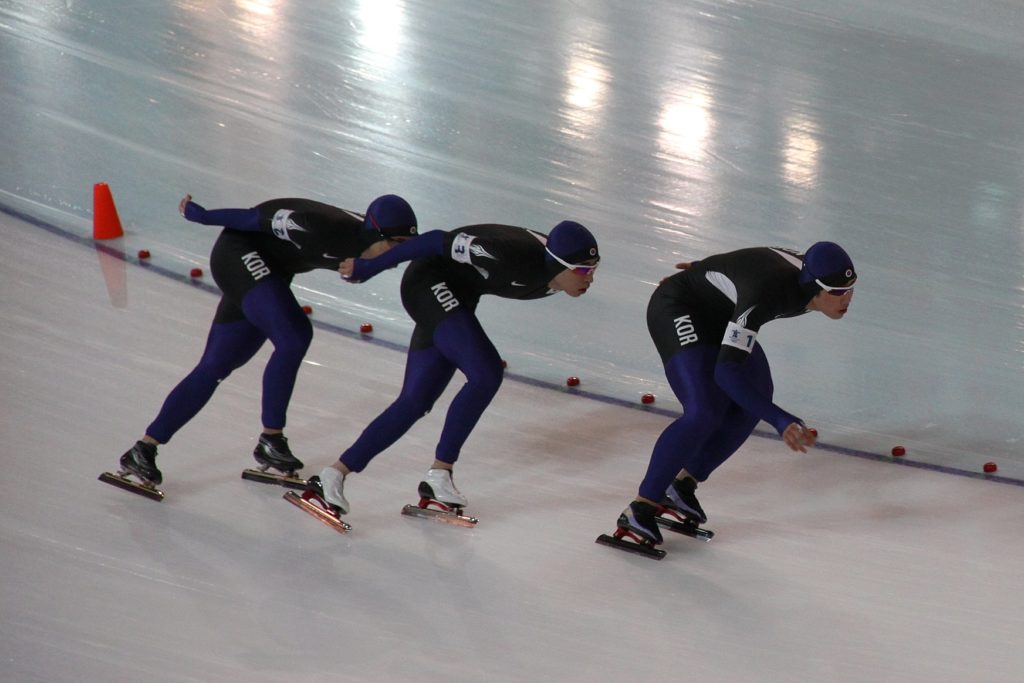The Peninsula
Attention and Accountability in South Korean Sports

What Happened
- Bullying allegations came out against four professional volleyball players in South Korea, two of whom helped the South Korean women’s team qualify for the 2020 Tokyo Olympics.
- Currently, these players are suspended from their teams. The Korea Volleyball Association (KVA) has also banned them from the national team until further notice.
- While this decision is a hit to the Korean sports world, these suspensions come after increased public pressure against bullying in sports after the suicide of a triathlete last year.
Implications: Organizations that the South Korean government employs in domestic or foreign policy may also attract greater public demand for accountability. Athletic associations represent one such group that is experiencing change because of the heightened attention. With sports diplomacy employed by the Moon government in its outreach to North Korea during the 2018 Pyeongchang Olympics, athletes are increasingly in the spotlight. In this environment, the government had to respond to incidents such as last year’s suicide of triathlete Choi Suk-hyeon due to bullying. The establishment of the Sports Ethics Center to protect athletes from abuse is likely a direct response to this public demand.
Context: South Korea has a long track record of using sports diplomacy to enhance the country’s diplomatic position. In addition to inter-Korean dialogue, the government has used participation in international sports competitions to raise the country’s soft power standing. The significance placed on South Korea’s performance in these competitions can be seen in the government’s willingness to exempt high-performing athletes from military service. Given the long-standing prominence of athletics in the public eye, the growing call for accountability in recent years likely also reflects broader changes in social attitudes toward bullying.
This briefing comes from Korea View, a weekly newsletter published by the Korea Economic Institute. Korea View aims to cover developments that reveal trends on the Korean Peninsula but receive little attention in the United States. If you would like to sign up, please find the online form here.
Korea View was edited by Yong Kwon with the help of Melissa Cho and Alexandra Langford. Creative commons image from flickr user djtomdog
